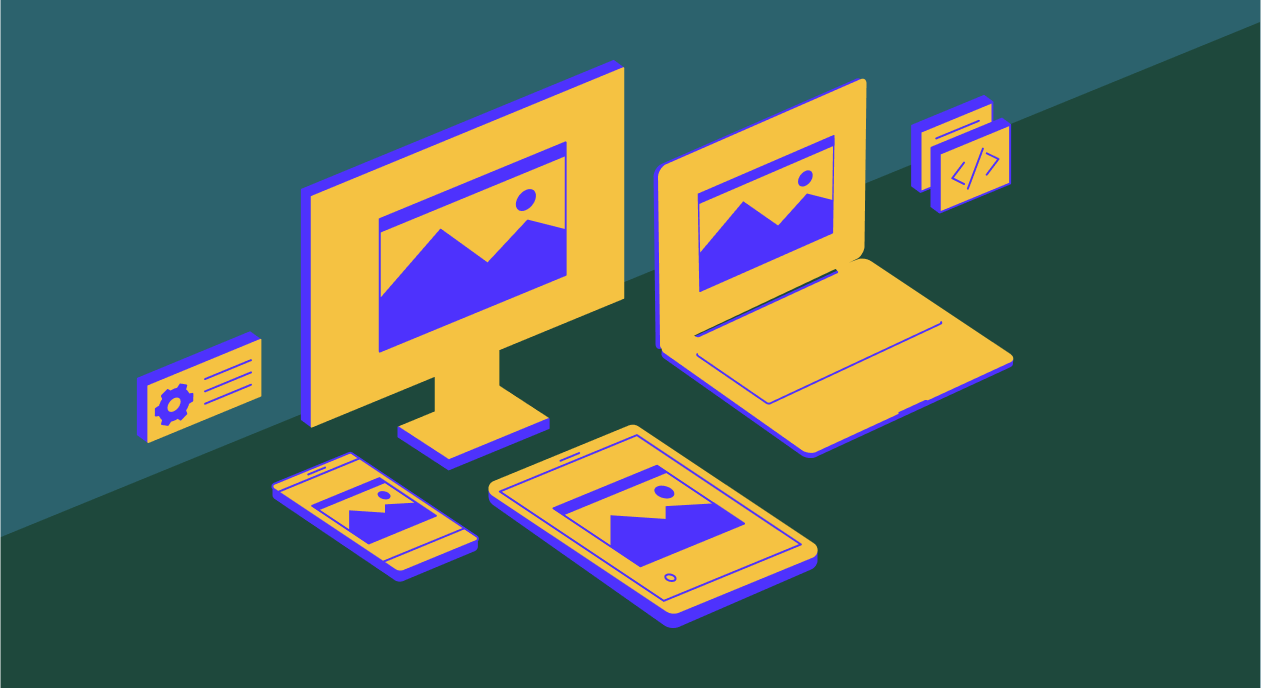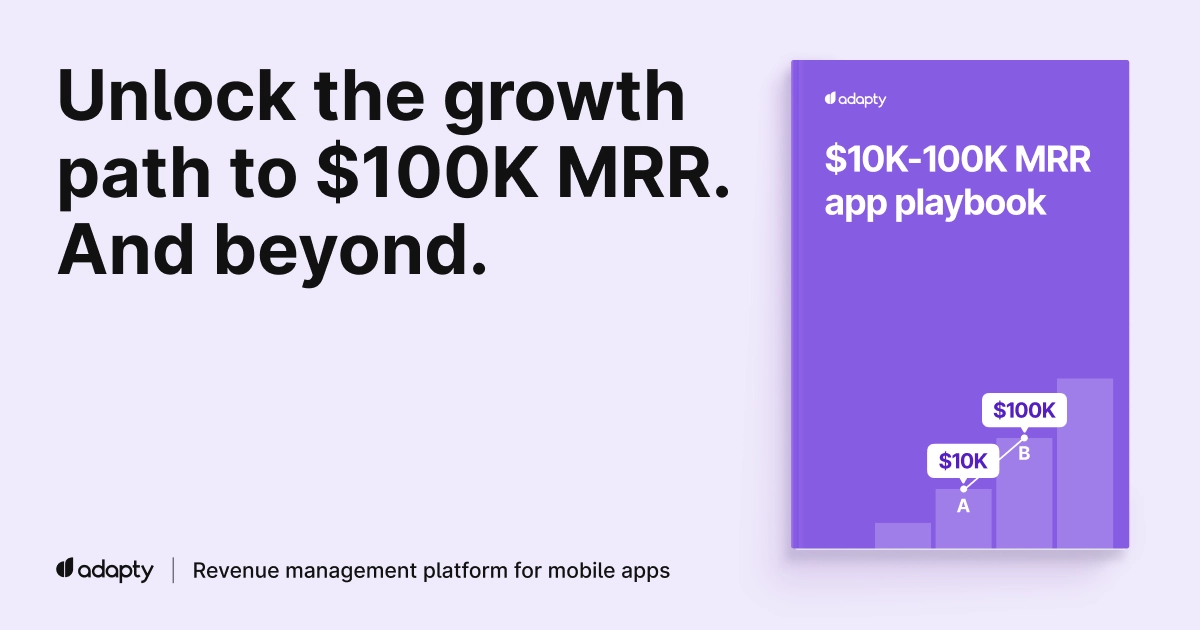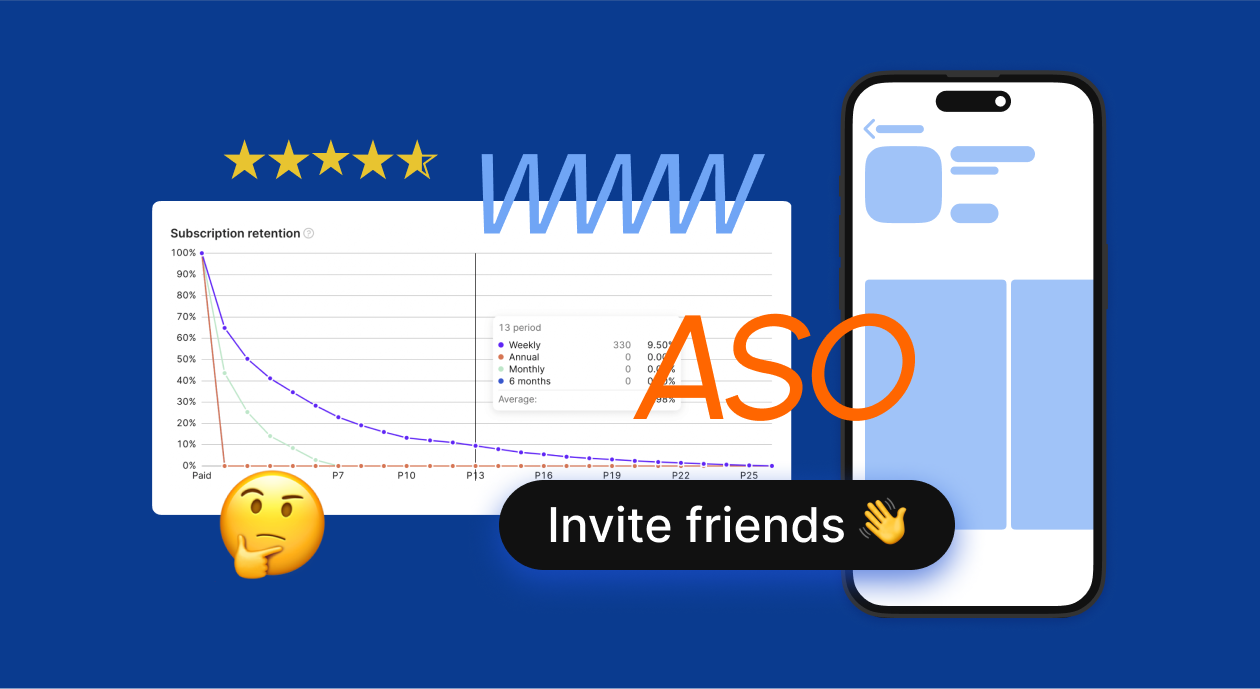Antoine van der Lee is an iOS indie developer and industry expert, founder of SwiftLee, and creator of RocketSim. Having more than 15 years of experience in iOS development, he shares his wisdom on working with Swift and Xcode, approaches to coding, and many aspects of indie app development based on his course “From Side Project to Going Indie.”
Antoine made a stellar career as an indie developer after transitioning from a full-time job at WeTransfer and is ready to share the important aspects of such a journey with those who are only thinking of going solo.
In 2024 indie app development is as popular as ever. The feeling of being your own boss, financial independence, and the satisfaction of the job done the way you want attract app developers of different levels and backgrounds to go solo. However, to fail as an indie developer is an easy task if you’ve chosen the wrong time for the transition.
Let’s talk about when the time is right to go indie and how to make this transition the most effective and safe. I’ll touch on the peculiarities of being an indie app developer compared to hired labor based on my own experience, and, most importantly, highlight several vital aspects one should consider before going indie.
1. Make sure your background is enough
The first thing that you should bear in mind when contemplating going indie is your professional background. The more experience you have, the easier it will be to work independently. It’s vital to understand the full cycle of app development, so working at an app development company as a software engineer or developer is the best way to quickly grasp it.
Going through all the popular problems and issues at every stage of development is easier as a hire: you have senior colleagues to help you, and bug fixing is usually included in your work time. A perfect scenario would be to work your way through to the senior level and get a record of team leading. This way you will not only upgrade your development skills but also learn proper planning and time management.

Besides, your experience is your Plan B in case your project doesn’t work out eventually. If the financial situation becomes an issue, an experienced senior developer is sure to find a well-paid full-time job in no time.
I started my app developer journey in 2009 at an agency where I had an internship. I quickly transformed into a full-time engineer there but soon switched to another agency because they did more native development. I was a junior developer, got promoted to a senior developer, and eventually became a team lead.
The next natural step for me was the team lead position at WeTransfer, where a few years later I transformed into a Staff iOS Engineer. So by the time I realized that I wanted things to be done my way, I felt more than ready to go on my own.
2. Assess your motivation and reasons for going indie
Stories of developers leaving behind companies they worked at for several years and then making millions as solo developers seem very tempting. But it’s great to have more valid reasons for going on your own, otherwise, you may end up with a ton of frustration and dissatisfaction.
Before making the leap, try to be clear on why you want to go indie. Is it the desire for creative freedom, financial independence, or something else? Knowing your motivation will help you stay focused and committed when challenges arise. There’s nothing wrong with the idea of getting rich from your app but having more work-oriented goals will help you get more motivated and interested in the process.
Back in the day, working for an agency, I was paid for the hours. It meant I had to finish the job within a limited time frame and there usually was no time for testing, which was frustrating. Additionally, after my work on one project was done, I had to start a new one and it felt like I was throwing away all the work I had done. So working as an indie developer does bring more satisfaction in terms of what approach to coding you want to take and how you want to regulate your time.
3. Set clear goals and define what success means to you

Define what success should look like to you as an indie developer. Whether it’s a certain income level, a specific number of app users, or just the satisfaction of working on your own projects, having clear goals will guide your decisions. And since you’re the boss, you are to determine yourself what the requirements should be to get there.
It’s always a great idea to start with smaller goals and limit your appetites at the beginning of your journey. For example, the goal of earning enough to pay the bills can easily be your first form of success. Once this point is reached, adding 30% extra to that sum is another clear and more ambitious objective. But remember, the most important part is that you should enjoy the process of reaching your goals and not work yourself to burnout.
4. Start working on your app as a side project
Leaving your full-time job with just an idea in your pocket may turn into a disaster. There are many questions you should answer before delving into development: “Do you know the target audience of your app? Are you sure the monetization approach you have in mind is the right one?” But spending an hour every day on your side project will be enough to get a proper vision and come up with a decent prototype.
Once you feel sure that your first iteration of the app is working and you’ve got a small but steady number of recurring downloads, it’s a great start. But I’d recommend spending a bit more time validating your vision before fully committing. Use platforms like Product Hunt, or run small ad campaigns to gauge interest and gather feedback.
As a sidenote – always optimize your app and its App Store page before investing in ads and paid promotion. It’s tempting to spend some money on ads, hoping to get a decent flow of users that will purchase your app right away and bring you more money than you spent. But when your app’s onboarding funnel is not optimized properly, you risk losing both money and potential customers even before they get to the paywall.
5. Build a financial safety net
You can never know how much time should pass until your app starts being profitable. So ensure you have enough savings to cover your living expenses for at least 6-12 months. This cushion will give you the freedom to focus on your app without the stress of immediate financial pressure.
If building up a safety net from your salary is not possible, think of diversifying your income streams. Consider other ways to generate money, such as freelancing, consulting, or creating paid courses. Sharing your expertise in the form of a blog or YouTube channel may eventually bring you significant financial (and professional) benefits.
I started my blog in 2015 to try and make myself a name in the developer community. But it didn’t work until after two years when I decided to give it a final shot. I began posting articles once a week, promoted them, and used the feedback to improve. Once it became a recurring event, the followers’ user base started to grow. This eventually led me to start paid sponsorships and made my website the source of income that helped me create the necessary safety net.
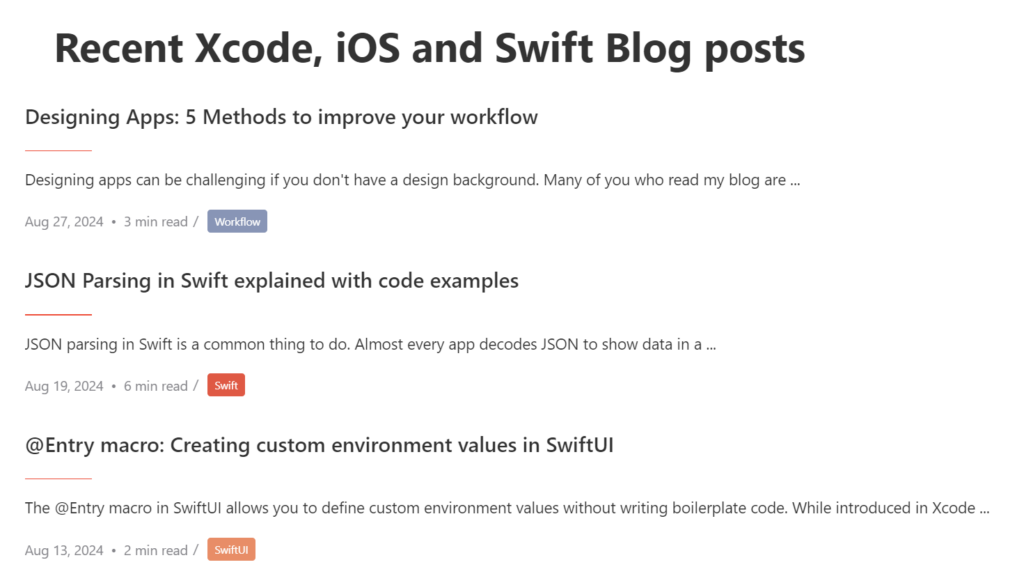
6. Be ready to learn (especially about marketing)
To stay competitive in the app market, you have to embrace the learning curve and be open to acquiring new skills, especially in the marketing field. It’s something not everyone realizes beforehand, but once they do, it may be either too late to adapt or there may not be much willingness to dive into the fields they don’t understand or like working with.
As we mentioned before, being a great developer is not enough. To make it big, you need to find the best ways to promote your app, define your target audience, keep track of retention and conversion rates, and much more. So once again, ask yourself: “Is this really something I’ll enjoy doing? Am I ready to get out of my comfort zone and learn new things that may be significantly different from what I do now?”. If the answer is yes – you’re on the right track.
7. Prepare for the emotional journey
Indie development requires wearing many hats – coding, marketing, customer support, and more. Becoming a “one-man band” is a serious challenge for your professional and emotional well-being. When you’re your own boss, it’s easy to blur the lines between work and personal time. Set clear boundaries for when you’re working and when you’re off. This will prevent burnout and help you maintain a healthy balance.
There’s endless work you can do because everything that you do is something you like, so if you don’t watch out you can work much more than you should. So planning my whole week on Monday is a vital element of my working routine that you should consider too.
Once again remind yourself that success as an indie developer can take time. Be patient, and don’t get discouraged by slow growth or setbacks. To keep your motivation high, celebrate the small wins – whether it’s a positive user review, hitting a download milestone, or solving a tricky coding problem.
8. Follow my course: “From Side Project to Going Indie”
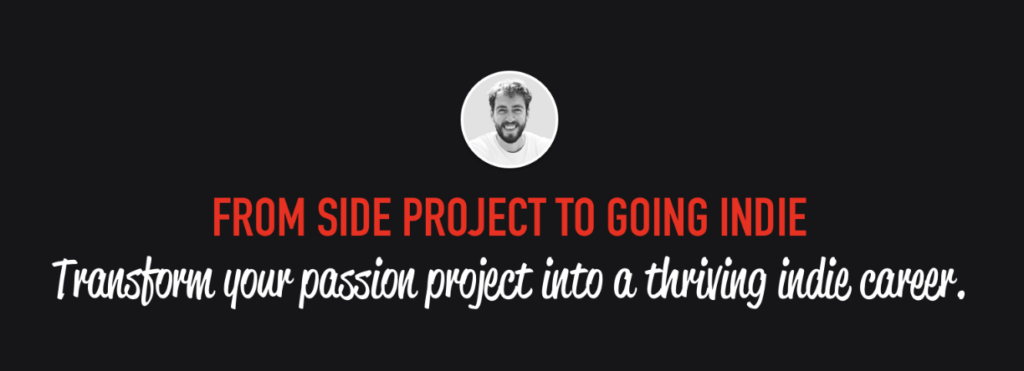
One of the most valuable steps you can take before going indie is to learn from others who have already made the transition successfully. All the aspects I mentioned above are absolutely important, but there are a lot more nuances you’d wanna know about in advance. I’d be happy to help you have a smooth transition and achieve independence by sharing the best practices and work habits from my personal experience.
This course is specifically designed for creators who are ready to turn their side projects into full-time indie ventures. It covers everything from the initial stages of idea validation to scaling your app and managing the business side of things. If you’re willing to pursue your passion as an indie developer but still a little afraid of facing unexpected challenges – this course will have you covered.
You can find more details and enroll in the course here: From Side Project to Going Indie.
Let’s summarize
Transitioning into indie app development can be an exciting and rewarding journey, but it’s crucial to approach it with careful planning and a clear understanding of the challenges ahead. Let’s summarize what aspects you should consider before going indie:
- Leverage your professional background: The more experience you have, the better.
- Clarify your motivation: Understand why you want to go indie in the first place.
- Set clear and realistic goals: Define what success means for you and start with smaller goals.
- Start as a side project: Test the waters and validate your ideas beforehand.
- Build a safety net: Having enough savings will give you the freedom to focus on your app.
- Embrace marketing and learning: Dive into marketing and learn new skills to stay competitive.
- Get ready for the emotional rollercoaster: Focus on your work-life balance and prepare for possible ups and downs.
In the end, here are a couple of my personal pieces of advice for those craving to go indie:
Try to benefit from your full-time job and the knowledge inside your company first: Find some time to work more closely with your marketing expert, designer, or support specialist to see how they handle everyday tasks. Try to wear different hats in a risk-free environment before going on your own.
Try to build up an income with your side project, and don’t spend this money on your living – reinvest it in your app. If you earn this money from your customer, use it to earn another customer, and so on until you build up your audience. This should allow you to eventually go with much less risk and make the dream come true.
Most importantly, remember – it’s not just about the destination, but the journey and growth you’ll experience along the way.
